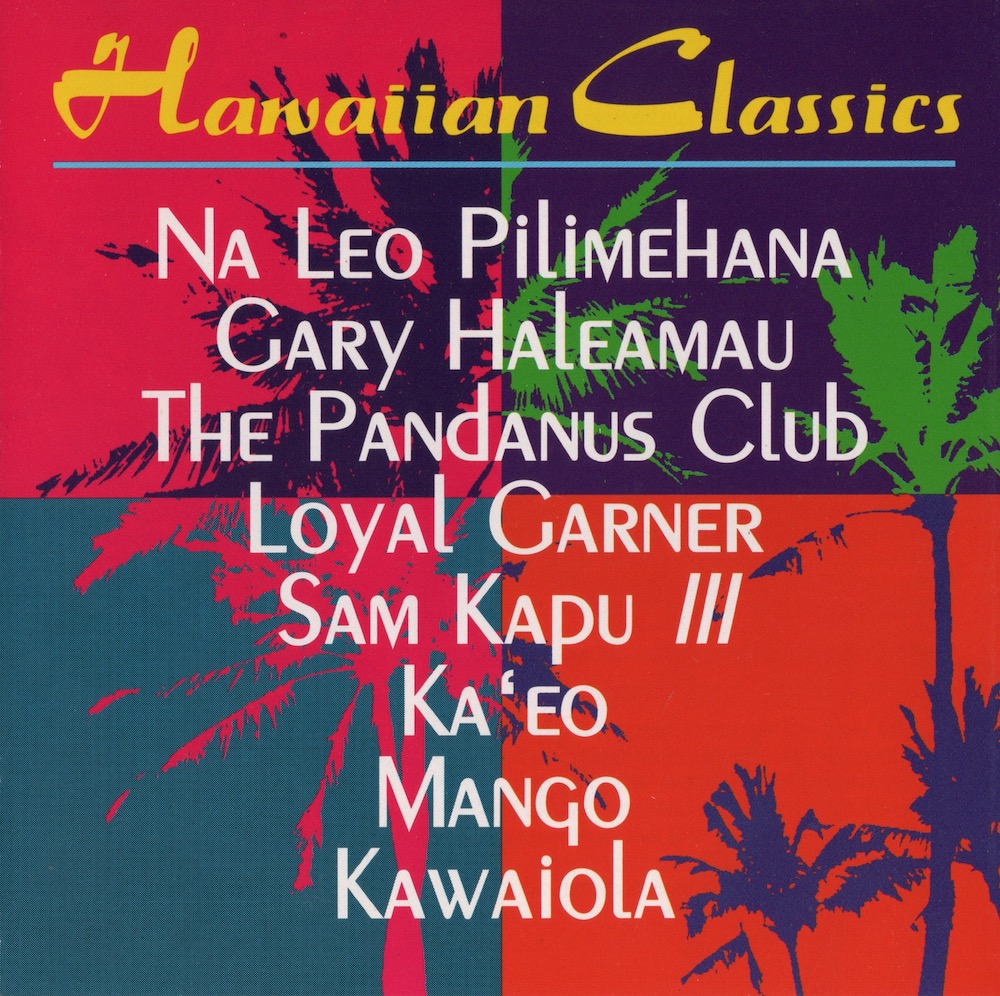
“Right then and there,” Simmons remembered in “Chronicles,” “I learned to just put away, conceal, bury whatever bothered me. In 1983, Arnett effectively severed their relationship when she took him to the Children’s Village group home on the pretense that they were just visiting. He was allowed to leave only for bathroom breaks. One summer, trying to discipline Simmons, Arnett locked him in his bedroom for months. The abuse begot criminal and antisocial behavior - Simmons once stabbed another kid in the face with a pencil - which in turn triggered more abuse.
#The lox songs to hawaiian beat series#
“You couldn’t be too confident in my situation,” Simmons said in the 2020 BET series “Ruff Ryders Chronicles.” “Confidence would get you beaten. The mistreatment cloaked his life in almost total, grinding fear. In a 2019 interview with GQ, Simmons recounted being beaten so badly by Arnett that she knocked his teeth out he was 6 years old.
#The lox songs to hawaiian beat how to#
She struggled with how to raise a Black son amid the poverty of the School Street projects, and subjected him to outrageous abuse. Barker left, leaving Simmons - a teenager - to raise her child alone in Yonkers. Born in Mount Vernon, N.Y., in 1970, he was the only son of Arnett Simmons and Joe Barker. The moral price of life in a fallen world was not a thought exercise for Simmons, who died this past April of a cocaine-induced heart attack. The rapper was obsessed with how this quandary could hollow him out and ultimately consume him - thus his stage name, “DMX,” an acronym for “Dark Man X.”

The title suggests a man thrown into dangerous circumstances without the benefit of guidance from a higher power, where the only way to survive is to accept a devil’s bargain: Life here on Earth is possible, but only if he submits to a moral darkness that will condemn him to hell.

I hear an echo of Milton’s dark world in not only the title of the rapper Earl Simmons’s 1998 debut album, “It’s Dark and Hell Is Hot,” but in the tortured substance of his concerns. In “Sonnet 19,” the poet John Milton agonized over the loss of his vision, bemoaning the prospect that he would spend “half my days, in this dark world and wide,” bereft not only of his sight but of spiritual purpose. His music seethed with aggression and the kind of pain Black men rarely get to air in public.


 0 kommentar(er)
0 kommentar(er)
